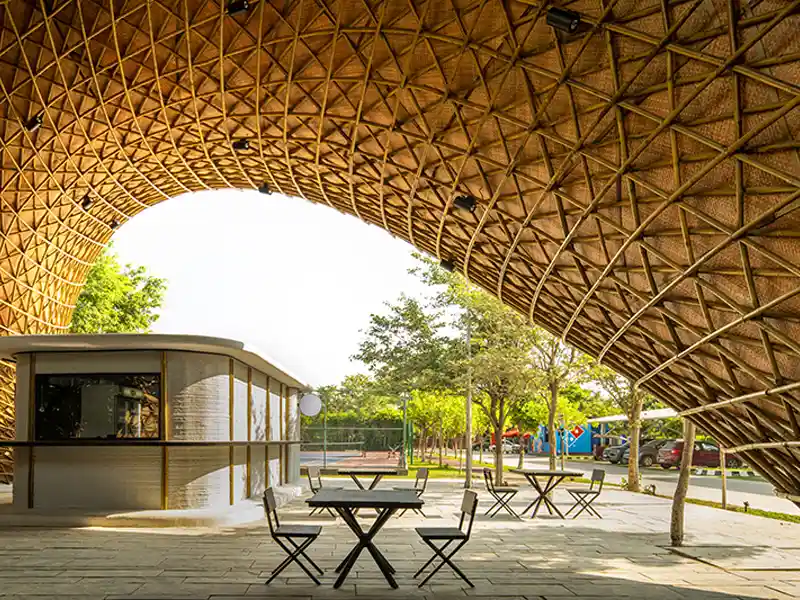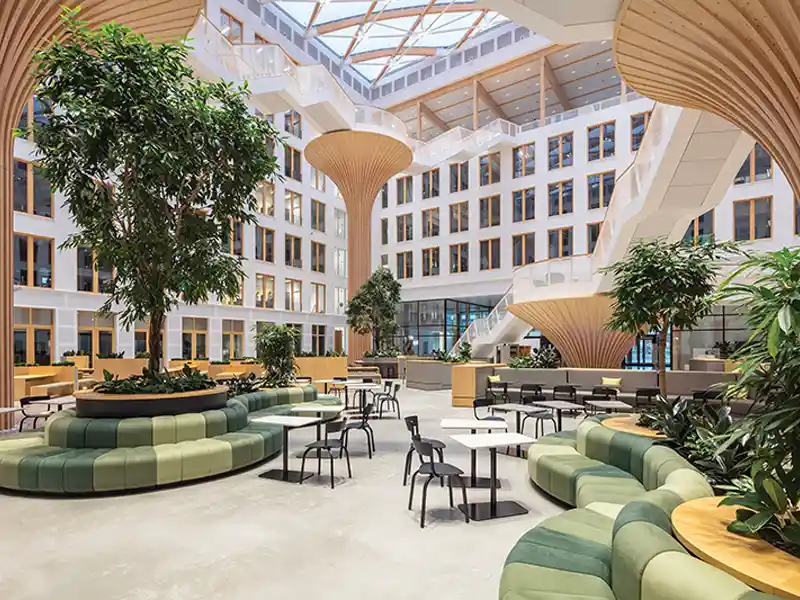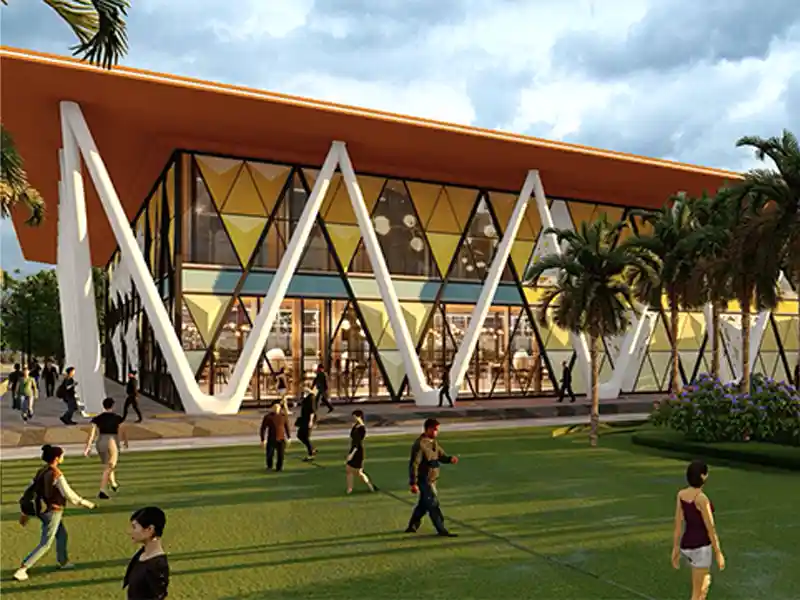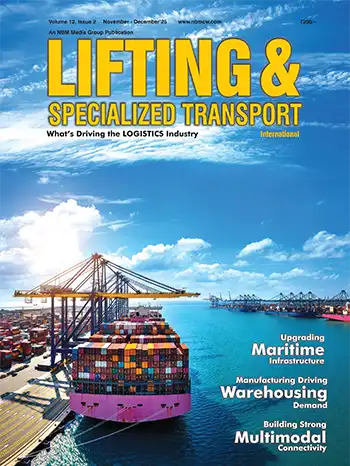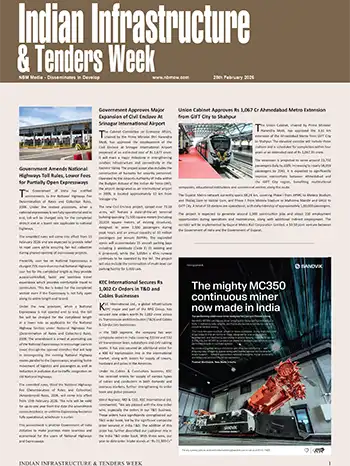The demand for co-working and serviced office space has already seen a new scale of growth and is bound to witness a significant spike over the next few years. Developments in 2018 augur well for the co-working sector in 2019, as the sector has already gained widespread acceptance and success. Co-working is becoming the preferred mode over conventional office space for the new generation workforce and there has been a significant uptake of space both by co-working operators and end-users. Demand is no more limited to start-ups and small-scale enterprises as now even corporates and multinationals are opting for shared working spaces, thereby opening up promising opportunities for investors in the commercial realty segment.
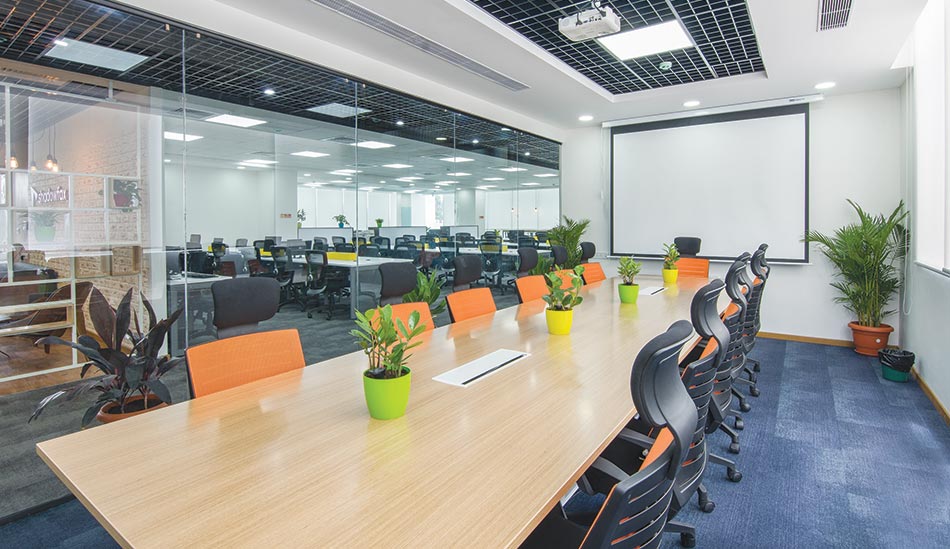
As per a recent report, the potential market size of co-working across India is expected to be 13.5 million users by 2020, with up to 10.3 million seats of co-working spaces to be occupied by enterprises. Freelancers and SMEs may contribute 1.5 million user worth of demand and start-ups are expected to demand around 100,000 seats. Interestingly, demand is also extending to Tier 2 and Tier 3 cities apart from the top 6 cities like Mumbai, NCR, Bangalore, Chennai, Hyderabad and Pune.
With adoption of technological innovations, flexible work culture, and pocket-friendly operational cost, co-working spaces are bound to undergo remarkable growth in the near future. Incorporation of a biophilic office design in co-working spaces is expected to reduce stress, filter indoor air pollution, and enhance employee productivity to a large extent
Priyatosh Ranjan, Founder & CEO, 315 Work Avenue (formerly, Incubex NestaVera)
From a financial perspective, co-working is extremely cost-effective and a viable alternative to renting and leasing for any company. Co-working spaces provide an enterprise the flexibility to downsize or upgrade the team at any time, unlike conventional office spaces. Besides reducing the operational cost for companies, co-working spaces come with an array of additional facilities, such as pay-as-you-use conference rooms, Wi-Fi, storage space, printing facilities, cafeteria, special event spaces and more. They also offer a sense of community and support that aids the professional development of employees. Shared working spaces are seen to draw in MNCs and investors on the lookout for skilled talent and entrepreneurs with great ideas.
Technological integration will be a key driver of this growth by providing seamless and integrated platform for managing distributed workspace and growing needs of today’s workforce. Efficient and optimal functioning of workspaces will also entail the need to eliminate manual touchpoints wherever possible. IoT and tele-presence technologies are likely to transform the way we experience and engage with our work environment.
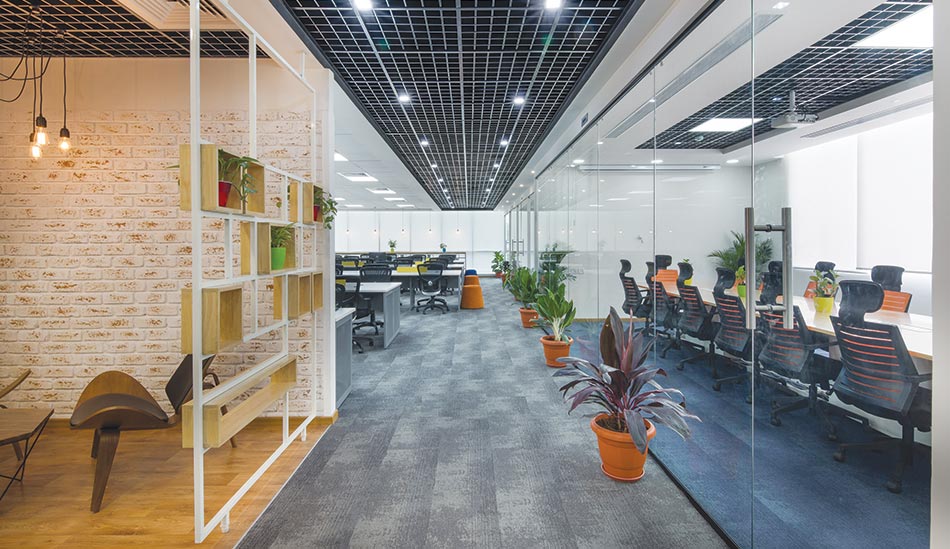
Traditional office may be losing its sheen and the co-working and shared enterprise office segment is beginning to take the lead by not just solving infrastructure problems, but also by transforming real estate into fine community spaces. Co-working has now become the fundamental part of Commercial Real Estate (CRE) leasing activity and a strong segment by itself, giving tough competition to conventional office spaces. Growing requirement for Grade A office spaces across major cities, specifically in the co-working segment, is expected to push the demand for commercial properties in India further. There are early signs of consolidation in the segment and 2019 is going to be an exciting year for this segment.


